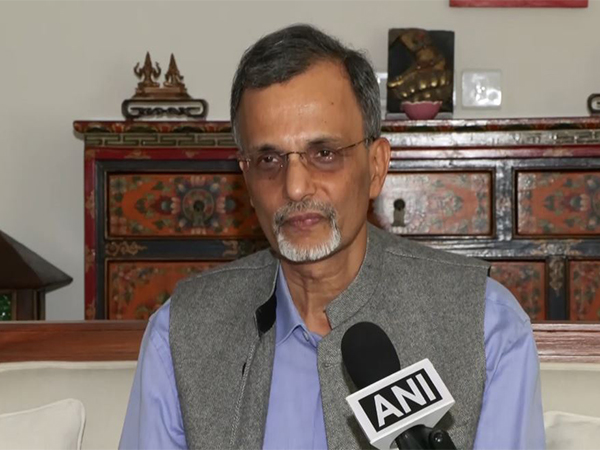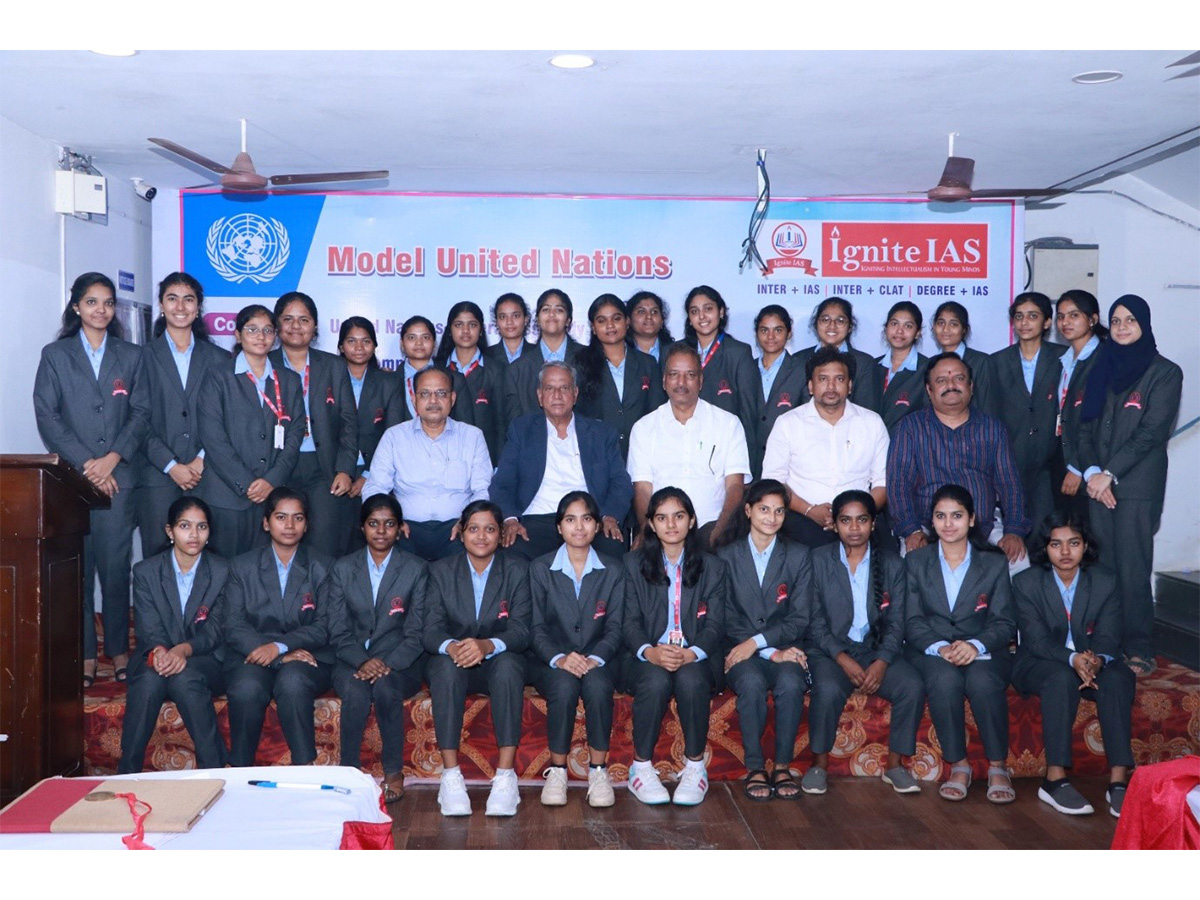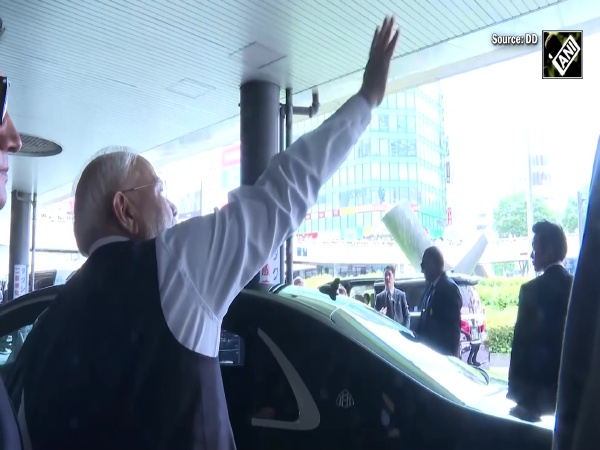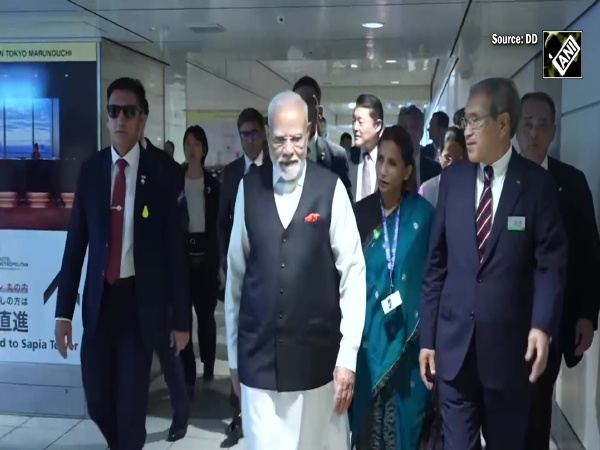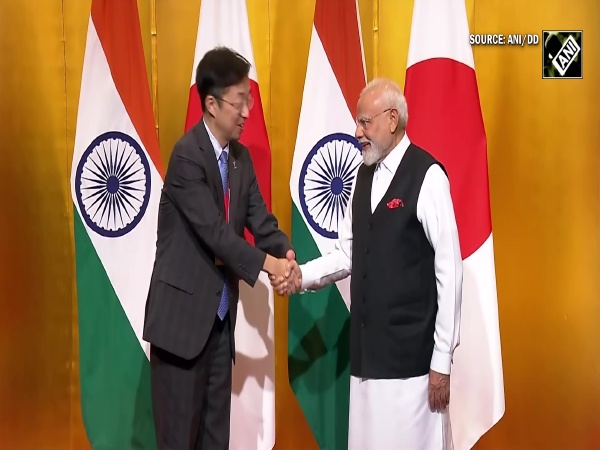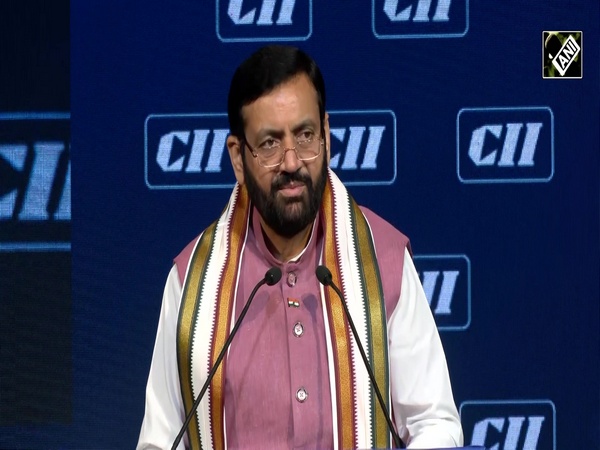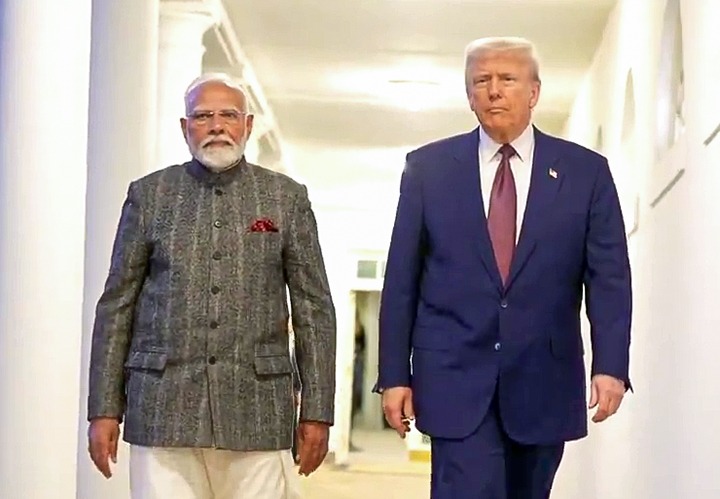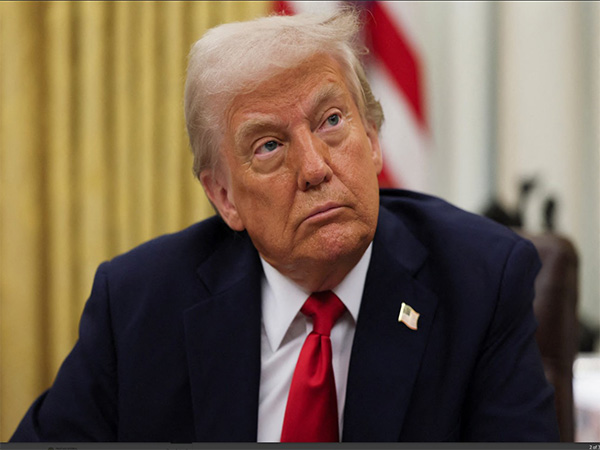
US Supreme Court to decide validity of Trump tariffs that remain in force till Oct 14
Aug 30, 2025
New Delhi [India], August 30 : As an appeals court in the US dealt a major blow to Donald Trump's tariff strategy, ruling in a 7-4 decision that the president exceeded his authority under the International Emergency Economic Powers Act (IEEPA), all now hinges on the US Supreme Court ruling.
The US Supreme Court is expected to take up the case in the second half of October. An appeal is expected to be made by the Donald Trump administration, and the Supreme Court will subsequently decide whether the invocation of the International Emergency Economic Powers Act (IEEPA) for the imposition of tariffs is upheld.
The Friday judgment by the US Court of Appeals for the Federal Circuit upholds an earlier ruling by the US Court of International Trade, dated May 28, that initially struck down the tariffs.
However, the tariffs, covering imports from countries including India, will remain in force until October 14, giving the Trump administration time to seek a Supreme Court review, the Indian think tank GTRI said in a note, explaining the potential consequences of the Friday order.
"The US court battle will shape the future of world trade. The US supreme court will decide whether tariffs will remain a matter of Congressional lawmaking, or an instrument of presidential geopolitics," GTRI opined.
Trump had invoked the International Emergency Economic Powers Act (IEEPA), a 1977 law crafted for sanctions and financial controls in times of foreign emergencies, to impose reciprocal tariffs on dozens of countries.
"The statute grants presidents broad powers to regulate transactions and block property, but it does not mention tariffs or taxation. Trump invoked it in 2019 and again in 2025, declaring the U.S. trade deficit and alleged fentanyl inflows from China, Canada, and Mexico as national emergencies to justify sweeping duties," GTRI noted.
The appeals court rejected this, stressing that it is Congress, not the President, that holds tariff authority.
Multiple lawsuits were filed in various states across the US by businesses, challenging the Trump administration's tariffs.
The Friday court ruling also reasserted the principle that executive emergency powers cannot override Congress's core trade and taxation authority.
"The Supreme Court, expected to take up the case in the second half of October, will now decide whether Trump's expansive reading of IEEPA survives--or whether Congress's limits on presidential trade powers are restored," GTRI noted.
Pam Bondi, the 87th Attorney General serving under Trump, wrote on X, supporting the US administration's tariff strategy, stating that President Trump found a national emergency and took action under the law by imposing tariffs.
"The judges of the Federal Circuit are interfering with the President's vital and constitutionally central role in foreign policy. This decision is wrong and undermines the United States on the world stage. The Justice Dept will appeal this decision and continue to fight to restore the president's lawful authority," the X post of Pam Bondi added.
US President Donald Trump has imposed reciprocal tariffs on dozens of countries with which the US has a trade deficit. Since assuming office for his second term, President Trump has reiterated his stance on tariff reciprocity, emphasising that his administration will match tariffs imposed by other countries, including India, to "ensure fair trade".



